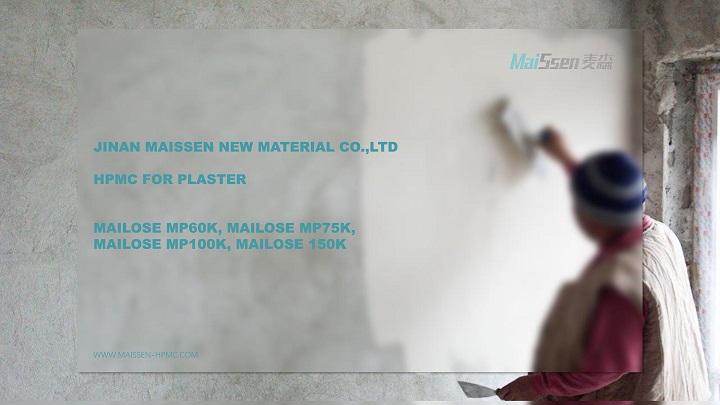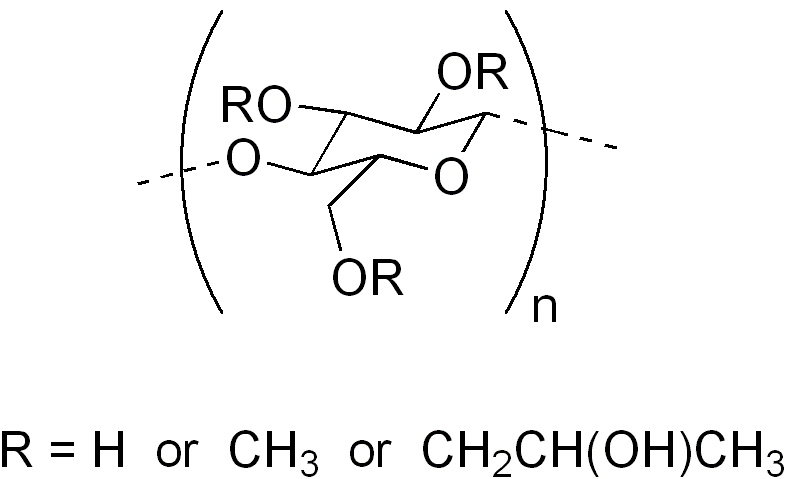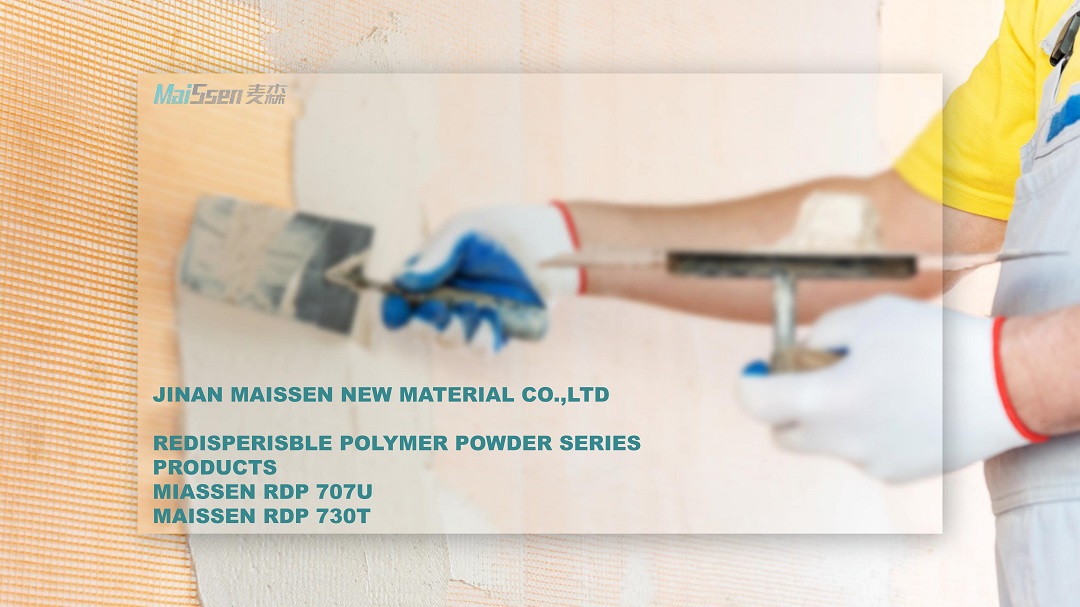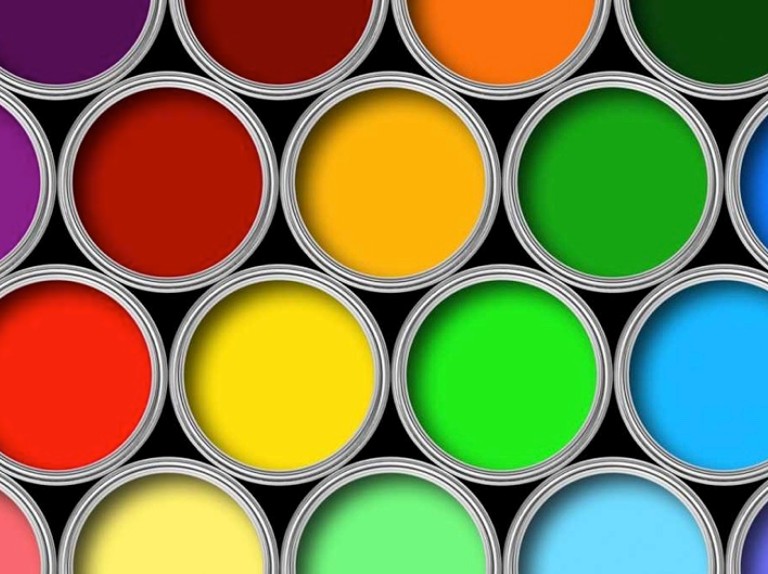Hydroxypropyl methyl cellulose(HPMC)-short name Hypromellose.
HPMC is off-white powder in appearance. HPMC could dissolved in water and forms colloids. It is no-toxic.
Dry mix mortar is one of HPMC main applications, hereby, we will let you know the detailed functions of HPMC in tile adhesive application.
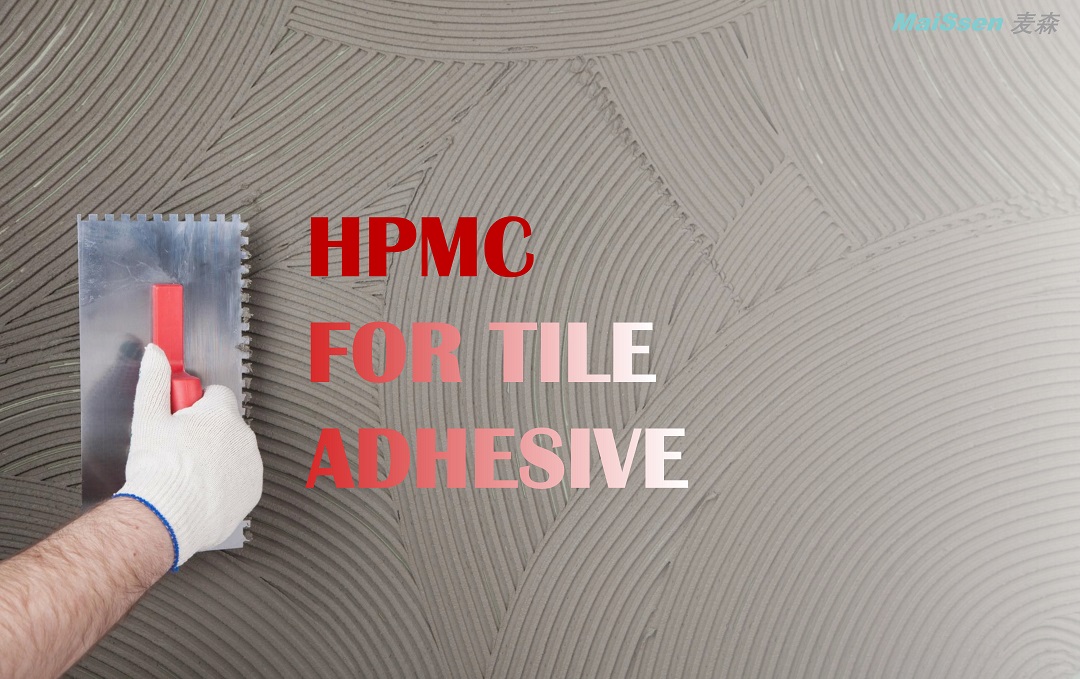
1. Tensile adhesion strength of cementitios adhesives:
Based on European standards, the C1 and C2 ratings(specified in DIN EN12004) relate to tensile adhesion performance. The class c1 criteria represent the minimum requirements(min.0.5N/mm²) for all cementitious tile adhesives. The performance standards specified for class C2 are appreciably higher, with a minimum tensile adhesion strength of 1N/mm² required of thin-bed adhesives. Tensile adhesion testes for the C1 and C2 ratings are performed for for different storage conditions.
The the tensile adhesion strength requirements of the cementitious adhesive are as below:
| Class C1 | Class C2 |
Tensile adhesion strength after dry storage | ≥0.5N/mm² | ≥1N/mm² |
Tensile adhesion strength after water storage | ≥0.5N/mm² | ≥1N/mm² |
Tensile adhesion strength after heat storage | ≥0.5N/mm² | ≥1N/mm² |
Tensile adhesion strength after freeze-thaw stortage | ≥0.5N/mm² | ≥1N/mm² |
Choose the right specification of HPMC is the basic to reach the standard requirments on tensile adhesion strength. HPMC could provide good water retention in the formulation and make sure the cement hydration reaction proceed well. It is helpful to increase the tensile adhesion strength.
2. Application properties of tile adhesive mortar
T=thixotrophic / high sag resistance
E=extended open time
(only applicable to cementitious and class D2 dispersion adhesives)
F=fast setting(only applicable to cementitious adhesives)
3. Deformability
The deformability of hardened, cementitious thin-bed adhesives is tested using a predefi ned specimen (strip of material) and rated as S1 or S2
(to DIN EN 12 004).
While the S1 rating requires a deformability between min. 2.5 mm and 5 mm, Class S2 is reserved for highly deformable products achieving a minimum value
of 5 mm – a requirement twice that specifi ed by the German Flexmortar guidelines.
4. Dispersion adhesives
The D1 and D2 ratings (specifi ed in DIN EN 12 004) relate to shear strength. All dispersion adhesives are required to meet at least Class D1 requirements,
i. e. by exhibiting min. 1 N/mm² shear strength after dry and heat storage. The D2 rating additionally requires a minimum shear strength of 0.5 N/mm² after
water storage together with a shear strength ≥ 1 N/mm² at elevated temperatures.
5. Reaction resin adhesives
Like the D1 and D2 ratings for dispersion adhesives, Classes R1 and R2 for reaction resin adhesives (specifi ed in DIN EN 12 004) relate to shear strength.
All reaction resin adhesives are required to meet at least Class R1 requirements, i.e. by exhibiting min. 2 N/mm² shear strength after dry and water storage.
The R2 rating additionally requires a minimum shear strength of 2 N/mm² after temperature cycles.
For more information, you can download the standard for tile adhesive directly.
 European-standards-for-tile-adhesives.pdf
European-standards-for-tile-adhesives.pdf
Jinan maissen new material co.,ltd is the HPMC manufacturer in China, for more information about the HPMC for tile adhesive, please contact with us any time.
Info@mailose.com


